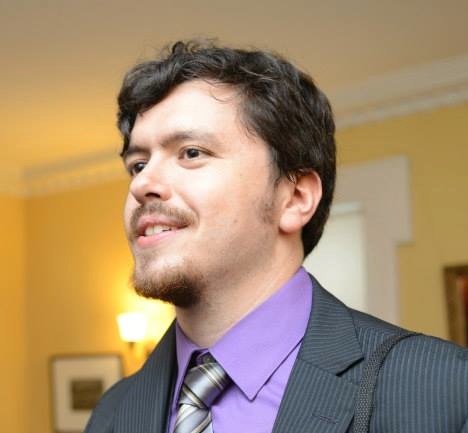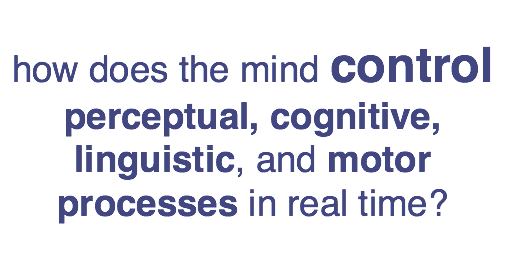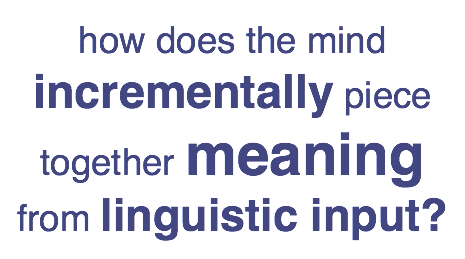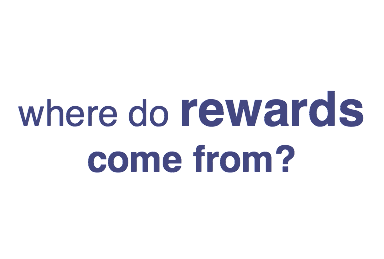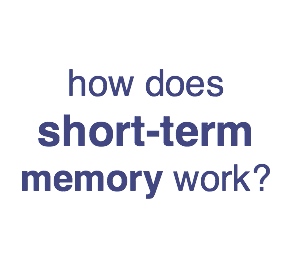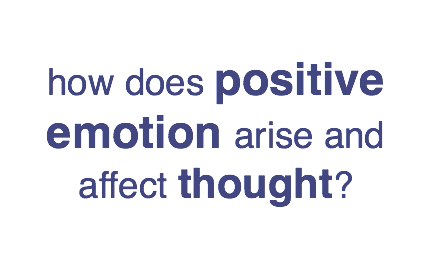Welcome to the Language and Cognitive Architecture Lab at the University of Michigan.
about our research
The goal of our research is to develop theories of language, thought, and action—theories capturing the adaptive nature of human behavior, and grounded in integrated architectures that explain how the computational subsystems of the mind and brain work together.
An over-arching theoretical principle guiding much of our work is computational rationality—the idea that behavior is the adaptive response to the joint constraints of the biological processing architecture and the external probabilistic environment.
The specific topics we focus on are the (boundedly optimal) adaptive control of perceptual, motor, cognitive and linguistic processes; language processing (especially the role of working memory in sentence comprehension and production); flexible artificial intelligence (AI) agents and reinforcement learning; and the interaction of cognition and emotion.
The work makes contact with several areas of cognitive science, including psycholinguistics, linguistic theory, cognitive psychology, cognitive modeling, human-computer interaction, cognitive architectures, and reinforcement learning. It is highly collaborative (see left). To learn more about the research, click on the topics at left, or the questions below.


